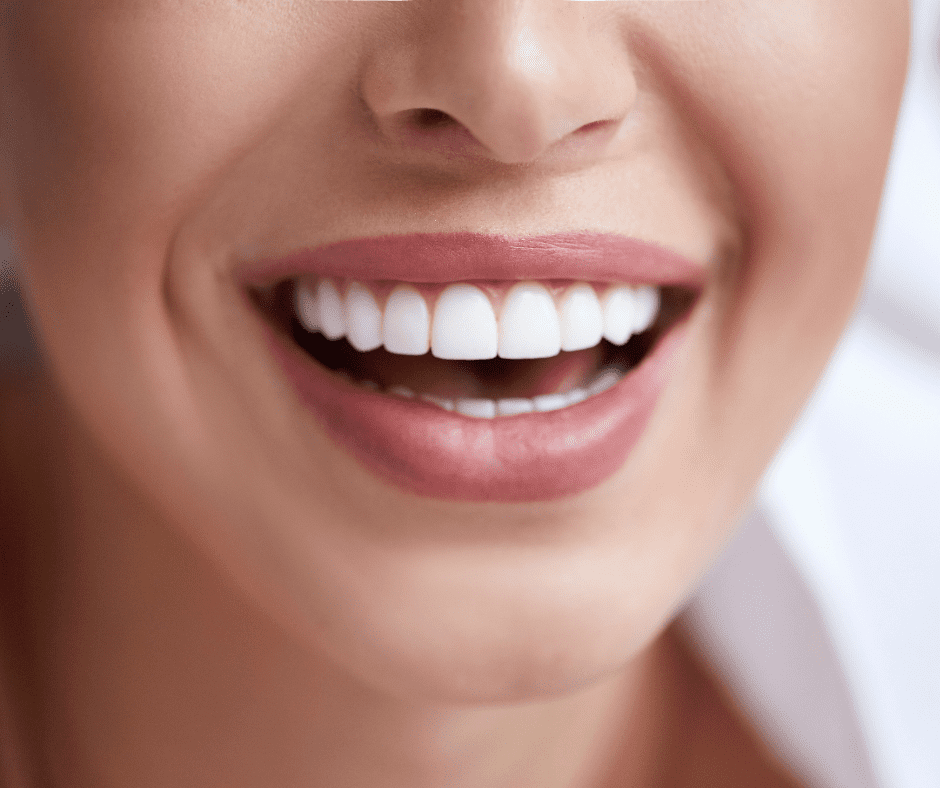Have you ever wondered how your diet affects the color and shine of your teeth? The foods and beverages we consume can play a significant role in either maintaining our dental aesthetics or contributing to discoloration, impacting the overall appearance of our smile.
Common Foods That Stain Teeth
Your diet plays a significant role in the health and appearance of your teeth, particularly when it comes to tooth discoloration. Many common foods and beverages are known to contribute to staining and dulling the shine of your teeth. For instance, coffee, tea, and red wine are notorious for their staining capabilities due to their high tannin content. These drinks can leave a residue on your teeth that builds up over time, leading to noticeable discoloration. Similarly, acidic foods like citrus fruits and vinegar-based dressings can erode enamel, making the teeth more susceptible to stains.
In addition to these, dark-colored sauces such as soy sauce, tomato sauce, and balsamic vinegar, as well as certain fruits like blueberries and pomegranates, are also culprits in tooth staining. While these foods are nutritious and beneficial to your overall health, they can contribute to the aesthetic concerns regarding your smile. Understanding the impact of these foods on your teeth is crucial for maintaining their appearance. For those interested in learning more about how to address and understand the myths surrounding teeth whitening, the article Debunking Popular Teeth Whitening Misconceptions offers valuable insights into common misconceptions and truths in the realm of dental care.
Nutritional Deficiencies Affecting Tooth Appearance
A balanced diet plays a crucial role in maintaining the overall health of your teeth, including their color and shine. Nutritional deficiencies can lead to various dental issues, one of which is the discoloration of teeth. For instance, a lack of vitamins and minerals such as calcium, vitamin D, phosphorus, and vitamin C can weaken teeth, making them more susceptible to staining and dullness. These nutrients are essential for the development and maintenance of strong enamel, which acts as the protective outer layer of each tooth. When enamel is compromised due to poor nutrition, teeth may not only appear discolored but can also become more vulnerable to decay and other dental problems.
Moreover, certain dietary habits that stem from nutritional deficiencies can exacerbate tooth discoloration. For example, overconsumption of acidic foods and beverages can erode tooth enamel over time, revealing the darker dentin underneath or causing stains to more easily adhere to the teeth’s surface. Similarly, a diet lacking in crunchy fruits and vegetables, which naturally help clean teeth as they are eaten, can contribute to a buildup of plaque and tartar, leading to a dull and discolored appearance of the teeth. To address concerns related to tooth discoloration and to explore options for restoring the natural shine of your teeth, consider consulting with a dental professional. Expert Teeth Whitening by New Haven Dentist can provide personalized advice and treatment options tailored to your specific needs.
Role of Beverages in Tooth Color
The beverages we consume play a significant role in determining the color and shine of our teeth. Various drinks, including both hot and cold, have different effects on dental aesthetics. The natural color of teeth can be altered by the consistent consumption of certain beverages, leading to either discoloration or stains that affect the overall appearance of one’s smile. Understanding the impact of these beverages on tooth color is crucial for maintaining the natural shine and hue of teeth.
Impact of Acidic Foods on Enamel
The foods and beverages we consume can have a significant impact on the health and appearance of our teeth, particularly when it comes to acidic items. Acidic foods and drinks, such as citrus fruits, tomatoes, and soda, can erode the enamel on our teeth. Enamel is the hard, protective outer layer of our teeth, and once it is worn down, it does not regenerate. This erosion can lead to increased tooth sensitivity, discoloration, and a duller appearance, as the brighter, whiter layer of enamel is worn away to reveal the yellower dentin underneath. Understanding the effects of our diet on our oral health is crucial for maintaining both the function and aesthetics of our teeth. For professional advice on maintaining your dental health, consider visiting New Haven Dentist.
The Connection Between Diet and Plaque
The foods and beverages we consume play a significant role in the health and appearance of our teeth, particularly when it comes to the formation of plaque. Plaque is a sticky film of bacteria that forms on teeth and can lead to tooth discoloration and other dental issues if not properly managed. Certain dietary choices, especially those high in sugars and starches, can encourage the growth of these bacteria, leading to an increase in plaque buildup. Conversely, a diet that limits these types of foods can help maintain the natural shine and color of your teeth by reducing the potential for plaque formation. Understanding the connection between diet and plaque is crucial for anyone looking to preserve their dental health and keep their smile bright.
Conclusion
For more insights, read reviews on Google Maps or call us at 260-748-3696.
